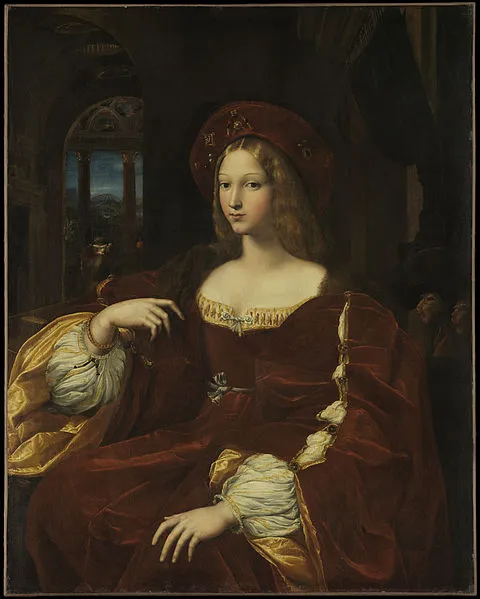
In Brave New World it is said:
“’And that,’ put in the Director sententiously, ‘that is the secret of happiness and virtue--liking what you’ve got to do. All conditioning aims at that: making people like their unescapable social destiny.
‘Till at last the child’s mind is these suggestions, and the sum of the suggestions is the child’s mind. And not the child’s mind only. The adult’s mind too--all his life long. The mind that judges and desires and decides--made up of these suggestions. But all these suggestions are our suggestions!’ The Director almost shouted in his triumph ‘Suggestions from the State.’ He banged the nearest table.
‘I suppose Epsilons don’t really mind being epsilons,’ she said aloud. ‘Of course they don’t. How can they? They don’t know what it’s like being anything else. We’d mind, of course. But then we’ve been differently conditioned. Besides, we start with a different heredity.’ ‘I’m glad I’m not an Epsilon,’ said Lenina, with conviction. ‘And if you were an Epsilon,’ said Henry, ‘your conditioning would have made you no less thankful that you weren’t a Beta or an Alpha.’
‘It makes me feel as though...’ he hesitated, searching for words with which to express himself, ‘as though I were more me, if you see what I mean. More on my own, not so completely a part of something else. Not just a cell in the social body. Doesn’t it make you feel like that, Lenina?’ But Lenina was crying. ‘It’s horrible, it’s horrible,’ she kept repeating. ‘And how can you talk like that about not wanting to be a part of the social body? After all every one works for every one else. We can’t do without any one Even Epsilons...’ ‘Yes I know,’ said Bernard derisively. ‘Even Epsilons are useful’! So am I. And I damned well wish I weren’t!’ Lenina was shocked by his blasphemy. ‘Bernard!’ She protested in a voice of amazed distress. ‘How can you?’ In a different key, ‘How can I?’ he repeated meditatively. ‘No, the real problem is: How is it that I can’t, or rather--because after all, I know quite well why I can’t--what would it be like if I could, if I were free--not enslaved by my conditioning.’ ‘But, Bernard, you’re saying the most awful things.’ ‘Don’t you wish you were free, Lenina?’ ‘I don’t know what you mean. I am free. Free to have the most wonderful time. Everybody’s happy nowadays.’ He laughed, ‘Yes, Everybody’s happy nowadays. We begin giving children that at five. But wouldn’t you like to be free to be happy in some other way, Lenina? In your own way, for example; not in everybody else’s way.’ ‘I don’t know what you mean,’ she repeated.
‘His intellectual eminence carries with it corresponding moral responsibilities. The greater a man’s talents, the greater his power to lead astray. It is better that one should suffer than that many should be corrupted. Consider the matter dispassionately, Mr. Foster, and you will see that no offence is so heinous as unorthodox behaviour. Murder kills only the individual--and, after all, what is an individual?’ With a sweeping gesture he indicated the rows of microscopes, the test-tubes, the incubators. ‘ We can make a new one with the greatest ease--as many as we like. Unorthodoxy threatens more than the life of a mere individual; it strikes at Society itself. Yes, at Society itself,’ he repeated."
Latent Thoughts #12
Socials
Youtube: https://youtube.com/channel/UCGlHfPpvRqvVITccliFMSiw
Odysee: https://odysee.com/@LatentBreath
Hive: @latentbreath
Credits
Source: https://www.amazon.com/Brave-New-World-Aldous-Huxley/dp/0060850523
Painting: Portrait de Jeanne d'Aragon by Raphael & Giulio Romano